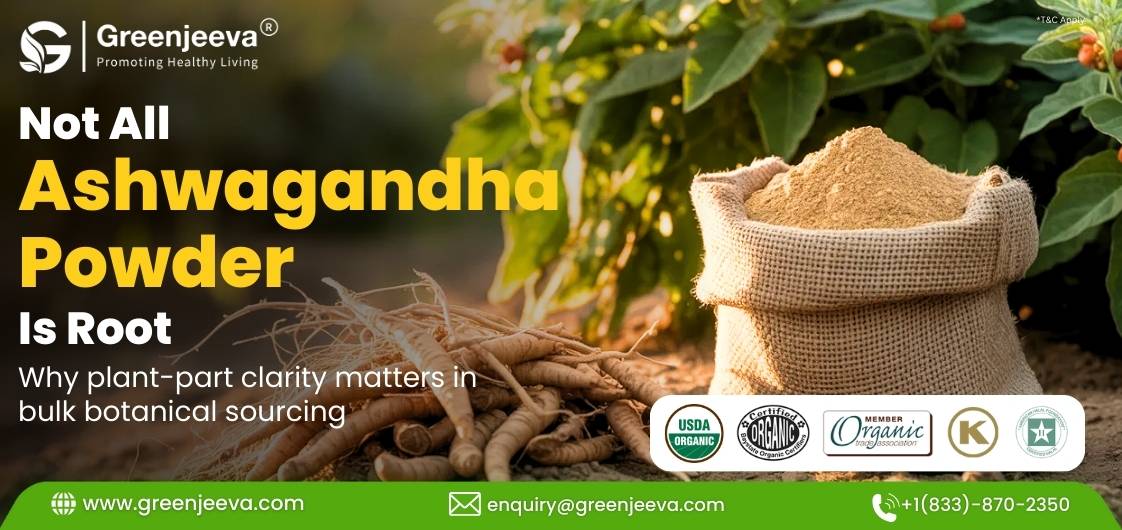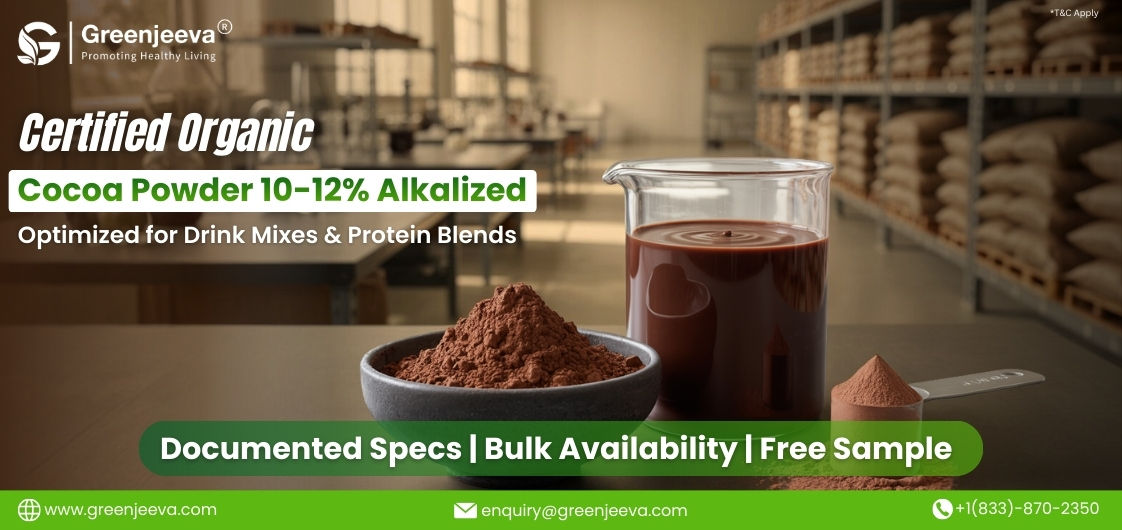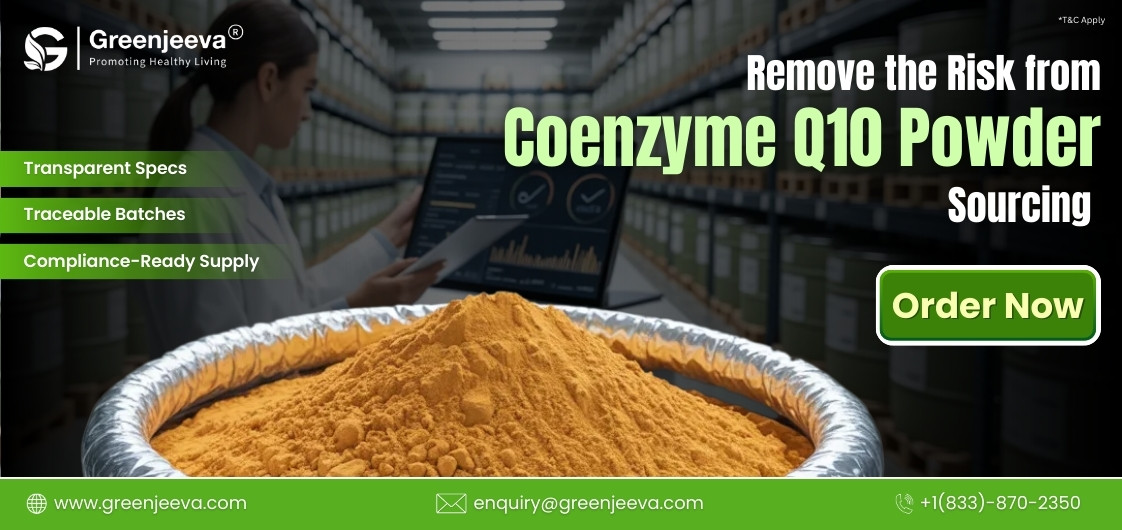How to Choose the Best Digestive Enzyme Powder for Your Product Line
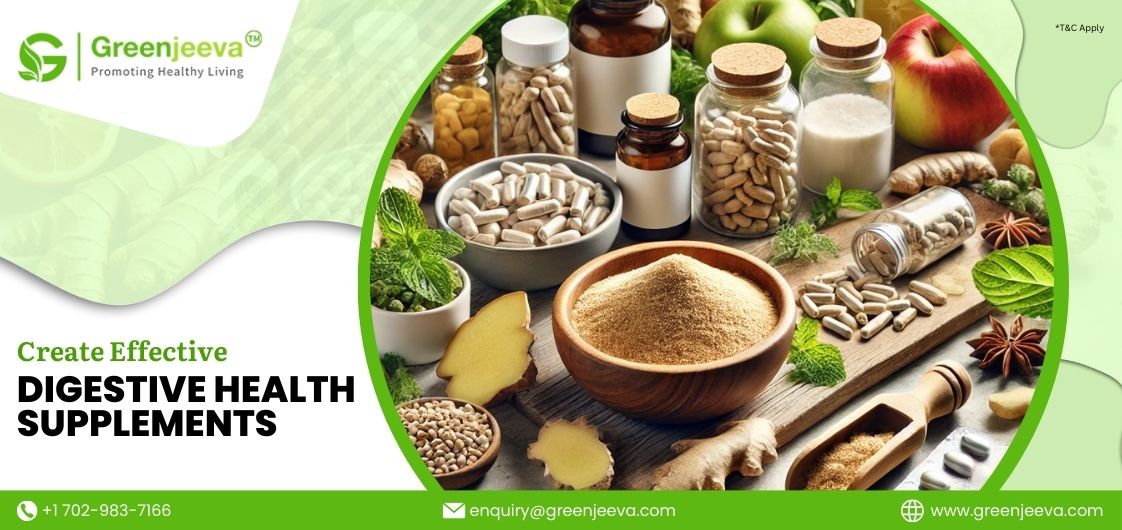
Imagine your customers struggling with bloating after meals, feeling sluggish, or grappling with indigestion. They’ve tried everything, from diet changes to over-the-counter solutions, but nothing seems to work. Then, they find your product: a perfectly formulated digestive enzyme powder that not only supports their gut health but transforms the way they feel after every meal. As a manufacturer, this is your opportunity to create something that truly makes a difference, and it all begins with choosing the right digestive enzyme powder.
With gut health now at the forefront of consumer wellness, digestive health supplements are experiencing a boom. But with so many options flooding the market, how can you, as a manufacturer, choose the best digestive enzyme powder for your product line? Let’s dive into this crucial decision-making process and explore how you can create a product that stands out in the ever-expanding digestive supplement space.
Why Digestive Enzyme Powders Are the Future of Gut Health Supplements
Digestive health is much more than just a trend; it’s a wellness revolution. A healthy gut is linked to everything from better immunity to mood regulation. Digestive enzymes, those unsung heroes of digestion, are pivotal in this equation. They break down the food we eat into absorbable nutrients, making sure our bodies get the maximum benefit.
In a world where gut issues like bloating, indigestion, and food intolerances are increasingly common, consumers are seeking out supplements that can make a tangible difference. This demand has given rise to a burgeoning industry of digestive enzyme powders. These powders are marketed as the perfect solution for better digestion, weight management, and overall gut health.
But as a manufacturer, your task is not just to jump on the bandwagon—it’s about choosing the right enzyme powder to enhance your product line, making it the go-to solution for digestive discomfort. Let’s take a closer look at how you can do that.
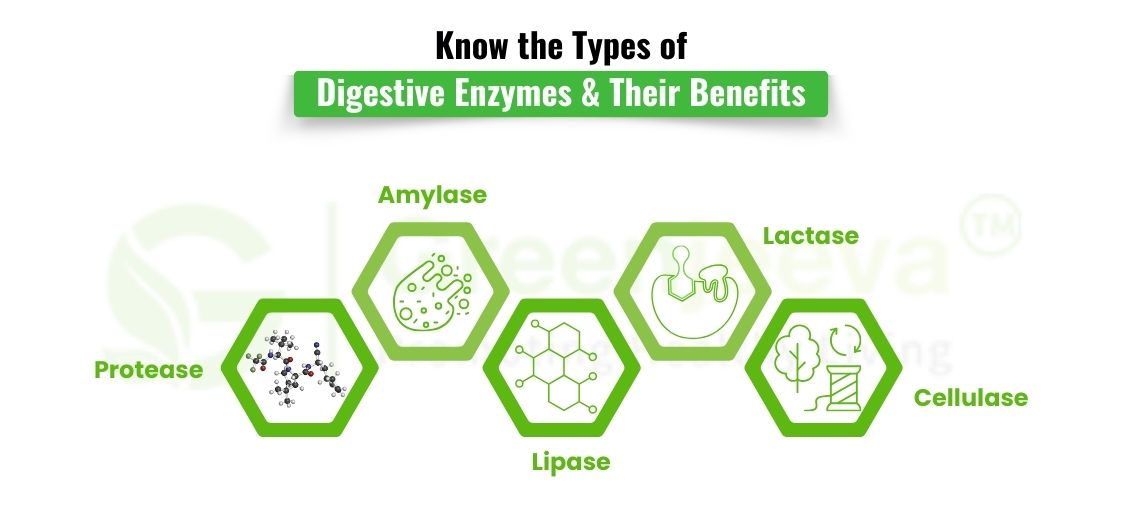
Know the Types of Digestive Enzymes and Their Benefits
Not all digestive enzymes are created equal. They each serve a unique role in breaking down food into smaller, absorbable nutrients. So, understanding which enzymes to include in your formulation is the first step toward crafting a product that addresses specific digestive needs. Here's a breakdown of the most common digestive enzymes and what they do:
Protease: This enzyme breaks down proteins into amino acids. It’s a must-have for people looking to support protein digestion or for athletes seeking muscle recovery.
Amylase: If your target market includes individuals who struggle with carbohydrate digestion or those following low-carb diets, amylase is a crucial enzyme. It helps break down carbs into simple sugars.
Lipase: Lipase breaks down fats into fatty acids and glycerol. Perfect for those on high-fat diets like keto or anyone struggling with fat digestion.
Lactase: If your customers are lactose intolerant, lactase is essential. It helps break down lactose, the sugar in milk, into more easily digestible components.
Cellulase: Unlike humans, who can’t digest plant fibers, cellulase helps break down cellulose, making it a great addition for consumers on plant-based or high-fiber diets.
Understanding the specific digestive benefits of each enzyme helps you tailor your product to meet the needs of a wide range of consumers, from athletes to those with specific dietary restrictions.
Target Digestive Needs
A crucial part of your product’s success lies in how well it aligns with your target market’s needs. Different digestive issues require different enzyme combinations. So, before choosing an enzyme powder, ask yourself: who are you trying to help?
• Lactose-intolerant consumers: Lactase is essential for people who experience discomfort after consuming dairy.
• Weight management enthusiasts: Lipase, amylase, and protease are the enzymes that help people better digest fats, proteins, and carbohydrates—key components of weight management.
• General digestive support: A blend of amylase, protease, and lipase provides broad digestive support, which is perfect for those who want to improve digestion and reduce bloating after meals.
• Plant-based diets: Consumers following plant-based diets will appreciate enzymes like cellulase that help break down fiber-rich foods and plant-based protein sources.
Knowing who you’re catering to ensures that your product line speaks directly to your consumers’ needs, making it more likely that they’ll choose your digestive enzyme powder over a competitor’s.
Prioritize Quality and Purity
As the clean-label movement continues to grow, consumers are becoming more conscious of what’s in their supplements. No one wants unnecessary fillers, chemicals, or artificial additives in their digestive enzyme powders. That’s where clean-label ingredient suppliers come into play.
When sourcing digestive enzyme powders, look for options that are:
• Non-GMO: Consumers are increasingly looking for non-GMO products, so opt for enzymes derived from non-genetically modified organisms.
• Free from allergens: Ensure that your powders are free from common allergens such as gluten, dairy, or soy, which could alienate potential customers.
• Vegan and plant-based: The growing demand for plant-based products means that plant-sourced digestive enzyme powders will resonate with vegan and vegetarian audiences.
• No artificial ingredients: Stick to enzyme powders that are pure, transparent, and free from synthetic additives.
By focusing on high-quality, clean-label ingredients, you’ll not only attract health-conscious consumers but also position your product as a trustworthy and premium option in the market.
Consider Potency and Dosage
While high-quality ingredients are important, the potency of your digestive enzyme powder is equally crucial. The effectiveness of your product depends on how many active enzyme units are included in each dose.
Here’s what to keep in mind:
• Enzyme Activity Levels: Digestive enzymes are often measured by units such as FCC (Food Chemical Codex) or DU (Digestive Units). Higher activity levels ensure that your product works effectively, even with smaller doses.
• Blended Formulas: If you’re using a combination of enzymes, ensure that the activity levels of each enzyme work synergistically. Too much of one enzyme might overshadow others, while too little could render your formula ineffective.
• Serving Size: Ensure that each serving of your enzyme powder contains enough of the active ingredient to produce noticeable effects. A well-calibrated serving size that delivers a high enzyme count can set your product apart from competitors.
Balancing potency and dosage helps ensure that your digestive enzyme powder delivers consistent results with every use.
Choose a Trusted Bulk Enzyme Powder Supplier
Finding the right supplier is essential to the success of your product line. Bulk enzyme powder suppliers provide the raw materials needed to create high-quality supplements, but not all suppliers are equal. A trusted supplier ensures that your enzymes are pure, potent, and ethically sourced.
Here are some tips for choosing the right supplier:
• Certifications and Testing: Look for suppliers who provide third-party testing and certifications to verify the quality and potency of their enzyme powders.
• Reliability: Ensure your supplier can scale with your business. As demand for your product grows, you’ll need a supplier who can consistently provide high-quality enzyme powders on time.
• Transparency: Choose suppliers who are open about their sourcing and manufacturing processes. Transparency builds trust and helps ensure that the enzymes are responsibly sourced.
Focus on Product Formulation and Consumer Experience
Your product’s formulation isn’t just about the enzyme powder; it’s also about how it’s delivered. Consider adding complementary ingredients such as probiotics, prebiotics, or herbs that enhance the digestive benefits of your enzyme powder. Additionally, focus on taste, texture, and solubility—things that can make a big difference in customer satisfaction.
The experience you provide, from the first use to the long-term benefits, will determine whether customers return for more or look elsewhere. Make sure your product’s design speaks to your audience’s expectations and elevates their experience.
Price and Scalability
As with any business decision, pricing is key. While it’s important to balance cost with quality, don’t be tempted to compromise on the quality of the enzymes. The digestive enzyme market is competitive, but consumers are willing to pay a premium for high-quality, effective products. Moreover, ensure that your supplier can scale with your business as demand increases.
Crafting the Perfect Digestive Enzyme Powder
Choosing the right digestive enzyme powder for your product line isn’t just about picking the most popular option—it’s about understanding your audience’s needs, sourcing the best ingredients, and formulating a product that delivers real digestive support. With the right combination of enzymes, quality ingredients, and a thoughtful approach to formulation, you can create a digestive enzyme powder that stands out in the market and helps your customers feel their best.
As gut health continues to take the spotlight, now is the perfect time for manufacturers to invest in digestive enzyme powders. By selecting the right ingredients and working with trusted suppliers, you can ensure that your products are not only effective but also set to thrive in the growing digestive health supplements market.



